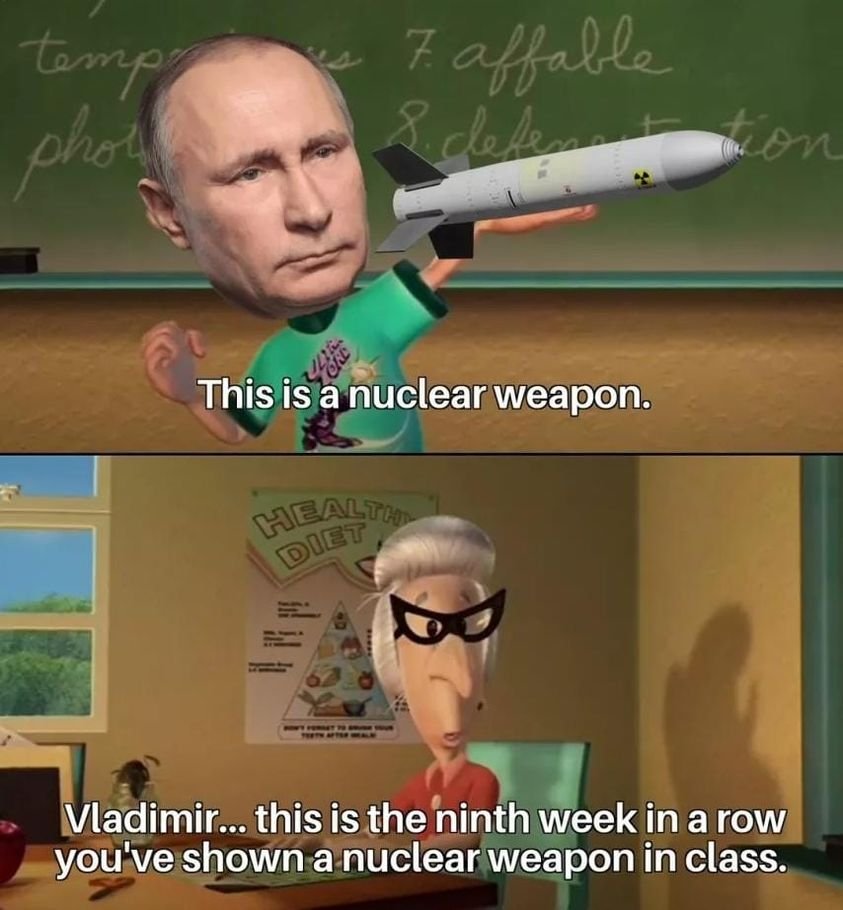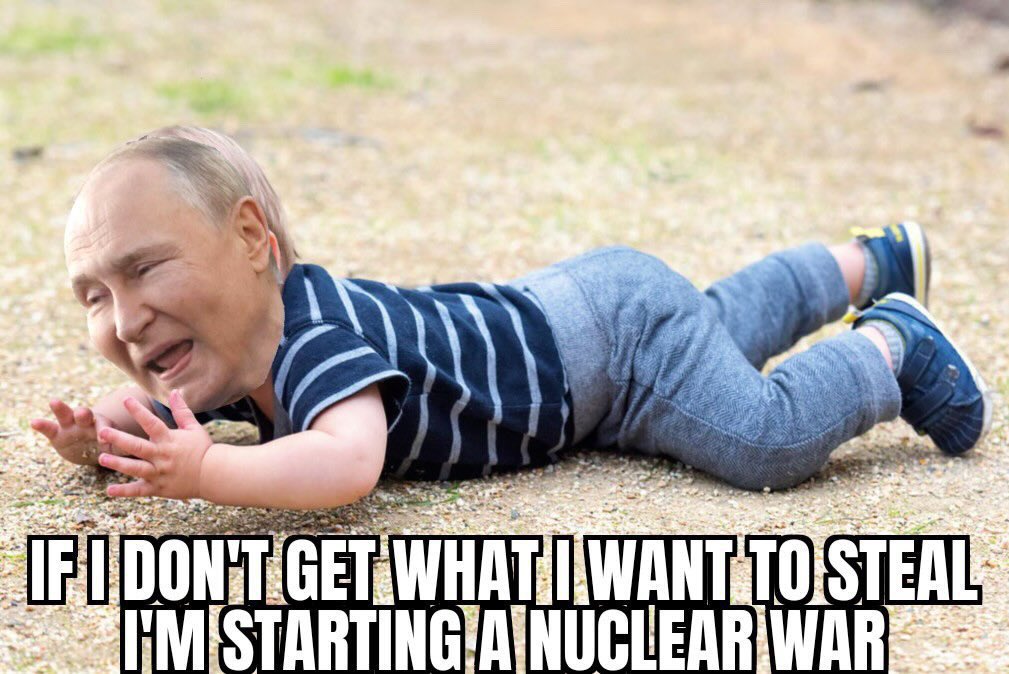In today's #vatniksoup I'll introduce an American academic, political scientist and Quincy Institute author, Max Abrahms (@MaxAbrahms). He's best-known for his pro-Russian and pro-Syrian views, and especially for trying to fit them into an academic framework.
1/15
1/15
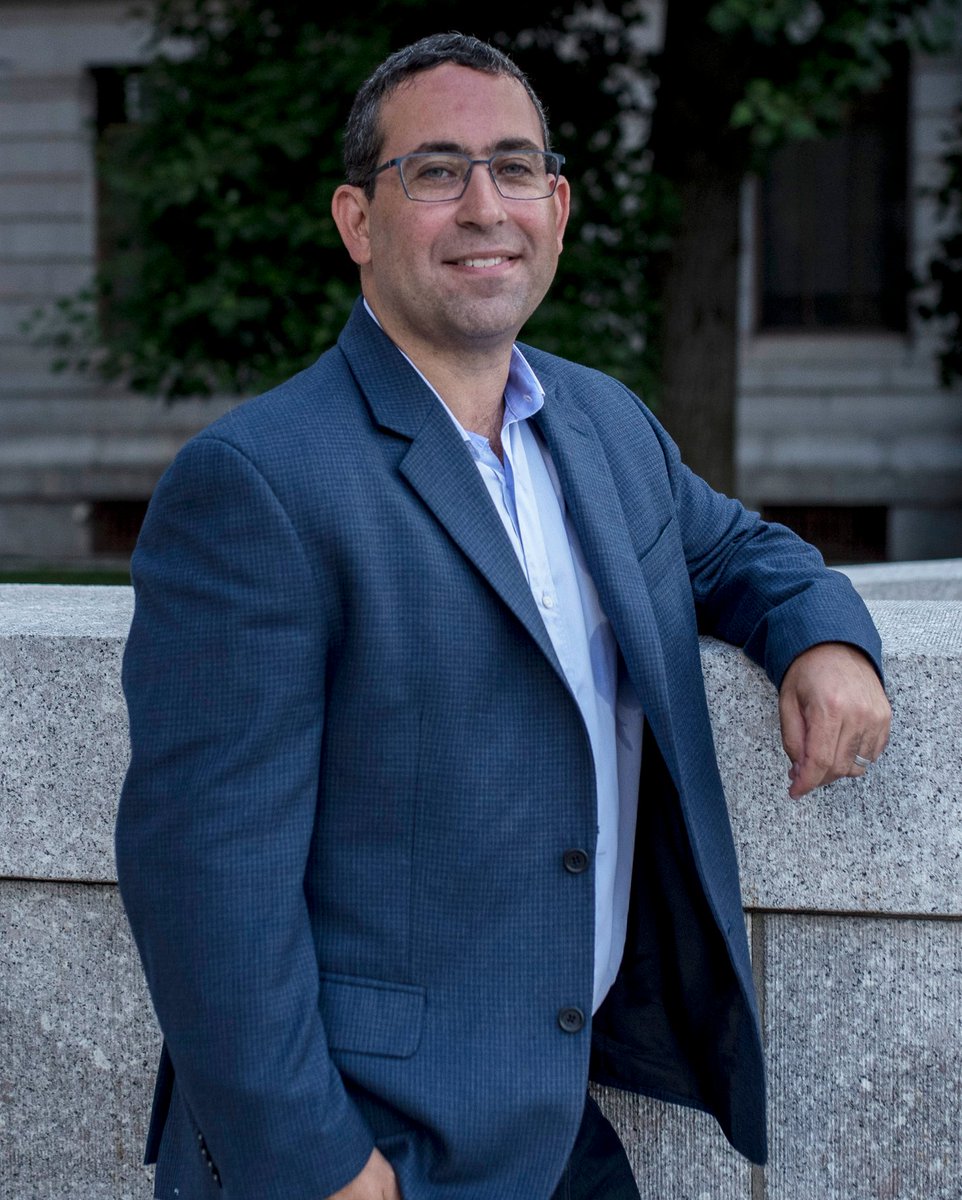
On 7 Mar, 2023, @TheAtlantic published an op-ed titled "I Teach International Relations. I Think We’re Making a Mistake in Ukraine" written by Abrahms. You rarely see op-ed titles with this much of self-satisfaction,but we'll let that slide - let's take a look at the content.2/15 

His article clearly is an attempt to create a "scholarly perspective" on the war in Ukraine. He's suggesting that if the West wants to help Ukraine, it should actually STOP the military & weapons aid, and that the US is provoking Russian aggression by sending weapons to 🇺🇦.
3/15
3/15
First of all, Abrahms builds his arguments around Mearsheimer's view on NATO expansion to being the main culprit of the Russo-Ukrainian War. This silly accusation has been de-bunked several times, and you can read mine here:
4/15
https://twitter.com/P_Kallioniemi/status/1616000266352078849
4/15

Professor Branislav Slantchev, a professor of Political Science at the University of California San Diego, has written an excellent academic analysis on the article & if you decided to read Max's article on The Atlantic, you should follow with this: slantchev.wordpress.com/2023/03/08/how…
5/15
5/15
But Abrahms has done much more than this op-ed he's now pushing on every media channel - Previously he has aligned with Max Blumenthal's fake news blog The Grayzone by denying the al-Assad regime's involvement in Douma chemical attack.
6/15
6/15

Organisation for the Prohibition of Chemical Weapons (OPCW) recently published their third report on Douma and conluded that "there are reasonable grounds to believe that the Syrian Arab Air Forces were the perpetrators of the chemical weapons attack".
7/15
7/15
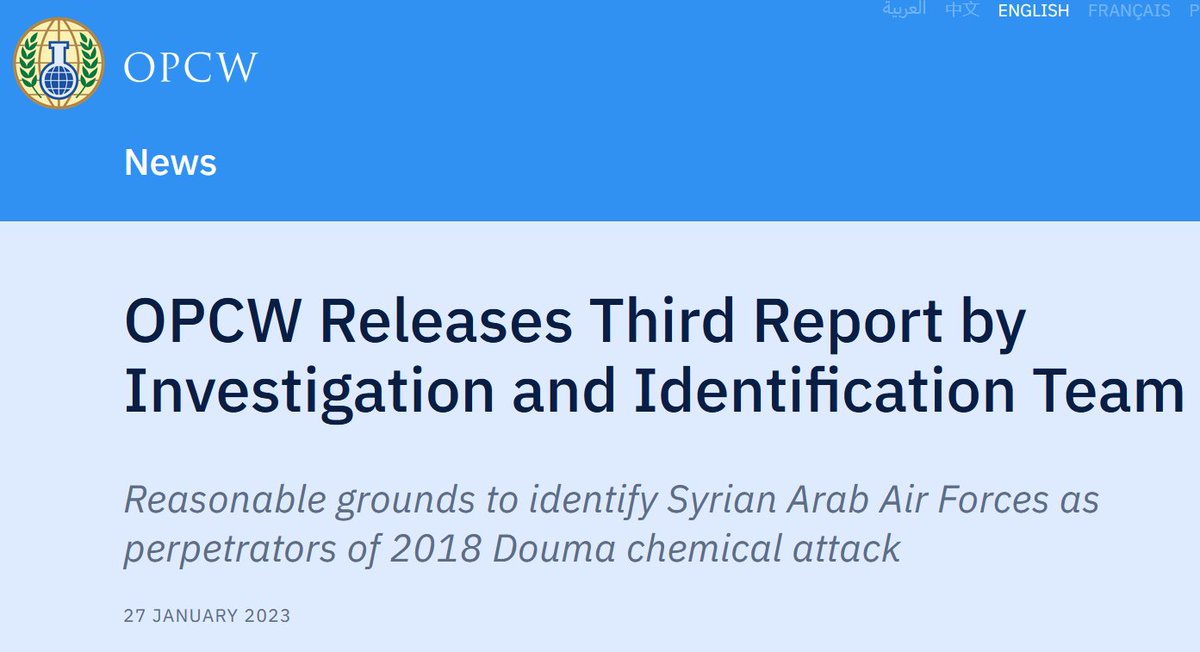
Abrahms has occasionally commented on the Russiagate, calling it a "ruse". I started writing an op-ed this morning titled: "I teach information operations & disinformation. I think Max Abrahms shouldn't talk about Russiagate".
8/15
8/15
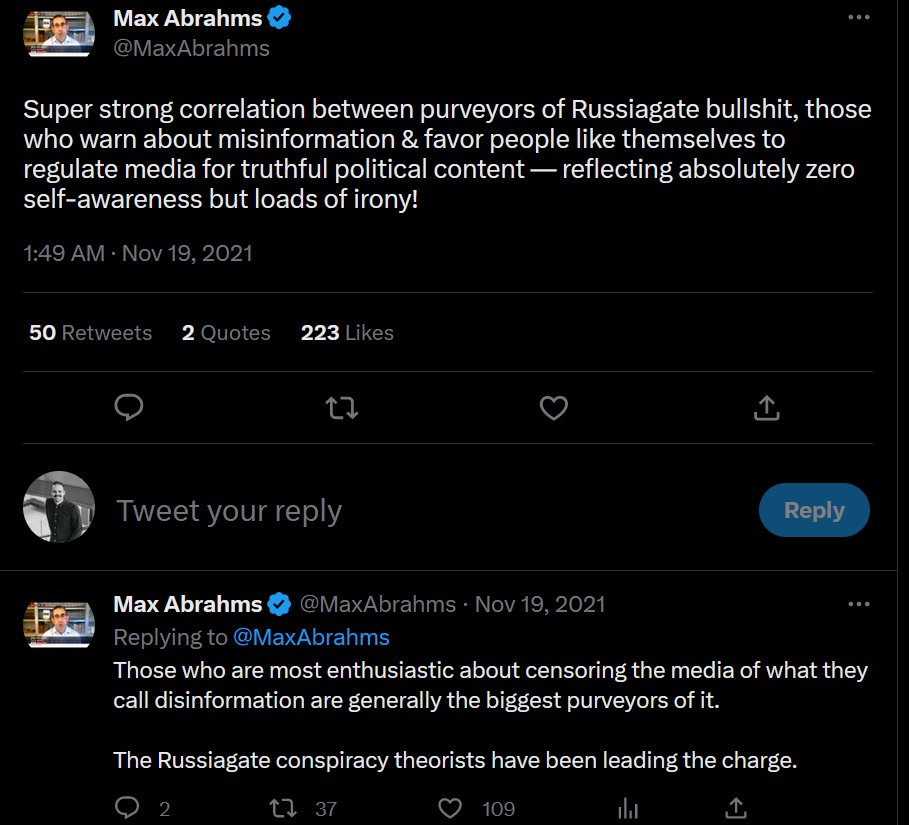
Abrahms' academic career so far has been quite impressive, but he's also had his fair share of hardships. He had to resign from the board of the journal of Terrorism and Political Violence following an investigation on serial plagiarism, after Dr. Or Honig and ...
9/15
9/15

...Jake Shapiro accused him of using their work without referencing it. Shapiro even wrote to the publisher of Abrahms' book "Rules for Rebels", pointing out various instances where Max stole Shapiro's texts without referencing them.
10/15

10/15

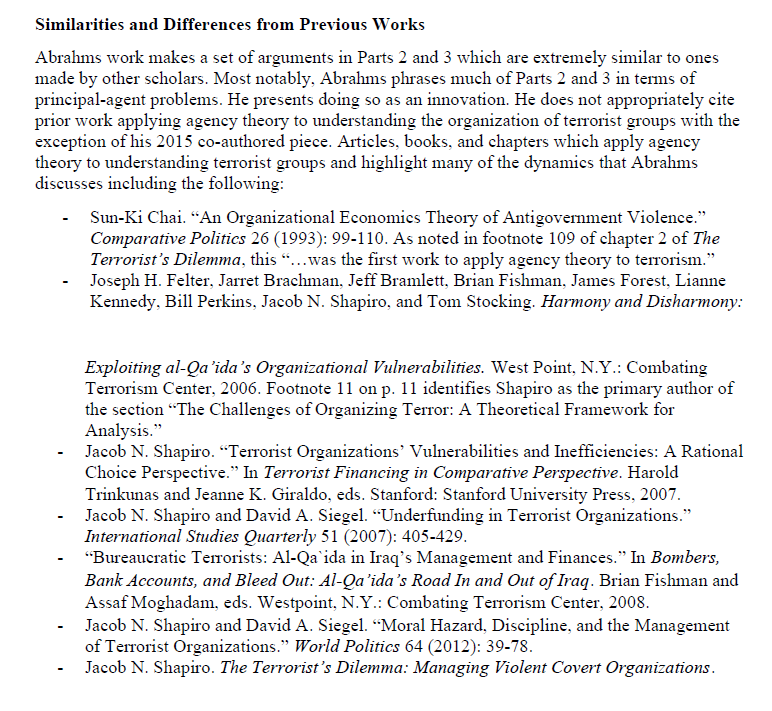
Some have even suggested that Abrahms shouldn't have gotten his tenure at the Northeastern University since he is seen as fundamentally unserious researcher by his peers. But then he threatened to sue the Dean for anti-Semitism if he wasn't accepted. Bam, he got his tenure.
11/15
11/15

On Twitter, Abrahms has routinely suggested that the "US escalation" in 🇺🇦will eventually lead to nuclear war. The problem with this is that if Ukraine concedes, Putin most probably starts looking for the next target, which could be Moldova, Georgia the Baltic countries.
12/15
12/15

As you found out from the title of his op-ed, Max claims to be an expert in international relations, and especially in the areas of terrorism. Considering his expertise, and the fact that he seems to have an opinion on pretty much any topic on Twitter, it is rather ...
13/15
13/15

...surprising that he hasn't made any comments on Bucha massacre, Izium mass graves, Mariupol theater bombing or Kherson children's torture chambers and other FSB operations.
Similarly to Mark Ames, Katrina vanden Heuvel and Glenn Greenwald, Abrahms seems to be...
14/15



Similarly to Mark Ames, Katrina vanden Heuvel and Glenn Greenwald, Abrahms seems to be...
14/15




....utilizing an anti-US and anti-NATO stance on the conflict - these people blame the West for "aggressive" NATO expansion towards Russia, but the expansion only happens voluntarily and because these countries are afraid of Russia's invasion - for a reason.
15/15

15/15


Max, it's very rude to ask me questions and then block me right after. And maybe contact the Quincy Institute's webmaster and tell them to remove you from their website. 

CORRECTION TO 1/15;
"Pro-Syrian" should be "pro-Assad".
"Pro-Syrian" should be "pro-Assad".
• • •
Missing some Tweet in this thread? You can try to
force a refresh




























